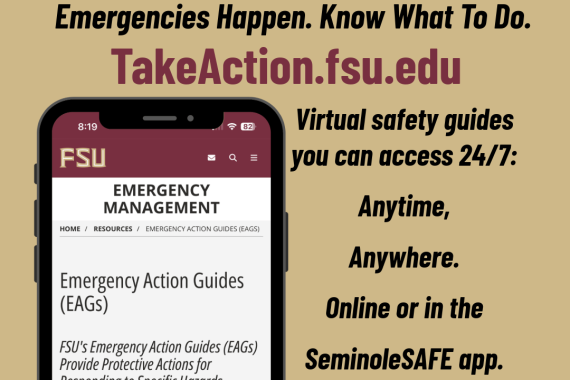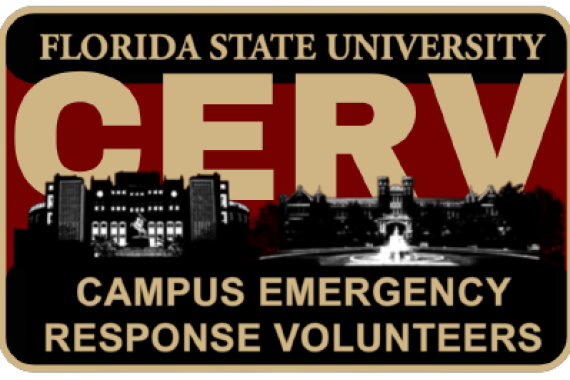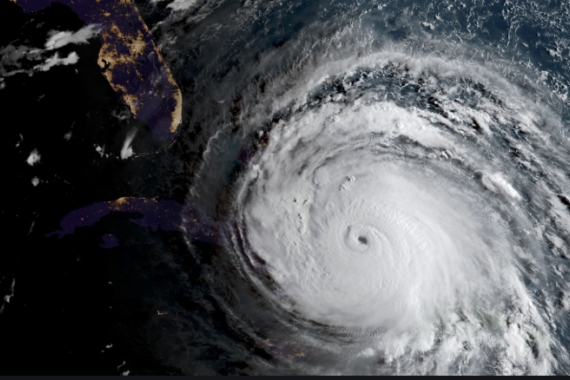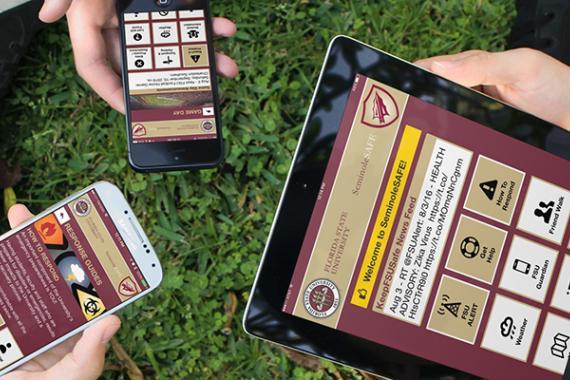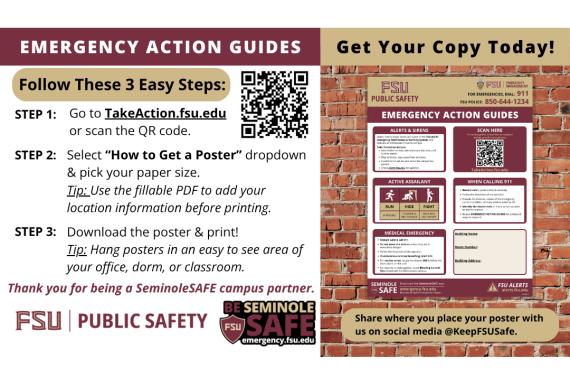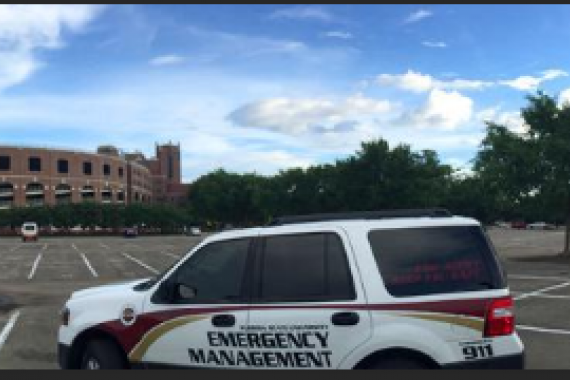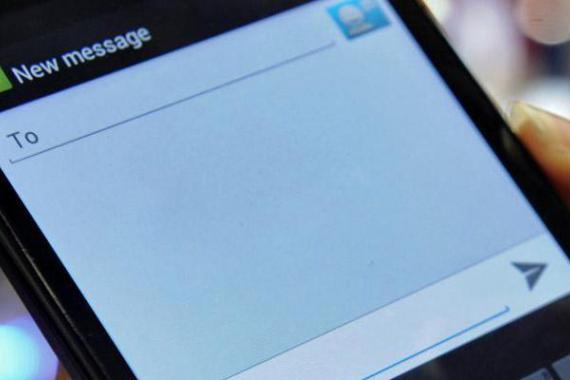Always Call 911 if..
- Not breathing or has difficulty breathing
-Chest Pain
- Unconscious or Unresponsive
- Sudden dizziness, difficulty speaking or change of mental status (Confused or Odd Behavior)
-Heavy bleeding that cannot be controlled
-Drowning, choking, severe burns; or a hit to the head.
Until Help arrives..
-Check the area for hazards or potential hazards; If hazards are present protect the patient, you, and others around you.
-Remain Calm, calm the patient, and the others around you
-Do not move the patient unless safety dictates
-IF TRAINED, use pressure to stop bleeding
and provide basic life support (CPR)
-Comfort the patient and reassure that medical assistance is on the way
Be Aware
Be aware of hazards associated with blood borne pathogens. Do not come into contact with bodily fluids. Wear proper personnel Protective Equipment (PPE). If exposed to suspected infectious material, wash the exposed area thoroughly with soap and water and seek medical attention.
Hands only CPR
Most people who survive a cardiac emergency are helped by a bystander. In the video below, you could learn Hands-Only CPR - so you can be the bystander who provides life-saving care until professional responders arrive.
Stop the Bleed
"Stop the Bleed" is a nationwide program that empowers the general public to take action to stop life threatening bleeding by providing access to tourniquets and other bleeding control equipment.
Learn how to Stop the Bleed here:
Training
University Health Services is offering Stop the Bleed training to all faculty/staff and students free of charge. For more information click HERE


